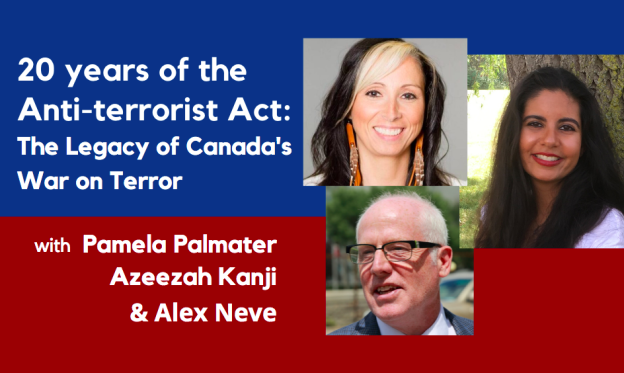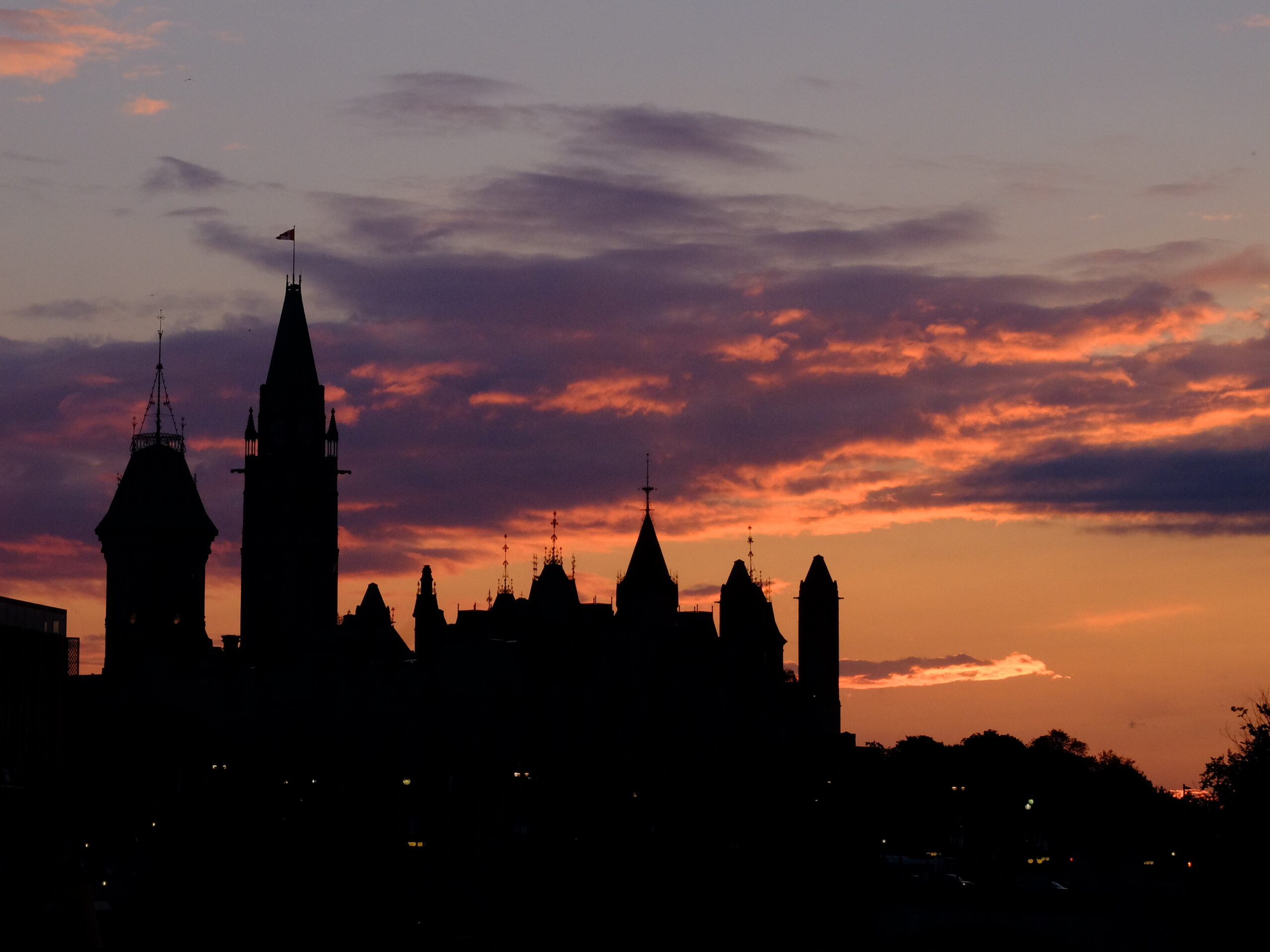*This event was virtually hosted from the unceded territory of the Algonquin People
December 2021 marks the 20th anniversary of the adoption of Canada’s first Anti-terrorism Act in 2001. This panel reflects on the ongoing impacts of the ATA and the so-called War on Terror, including the need for accountability for human rights violations, the intersections with Islamophobia and systemic racism, and the expansion of national security laws to police and criminalize Indigenous land defence and assertion of sovereignty. The discussion also looks forward, towards alternatives to expanding and entrenching anti-terrorism law in our efforts to address other societal challenges.
Our panelists:
Alex Neve is presently an adjunct professor in international human rights law at the University of Ottawa and Dalhousie University, and a Senior Fellow with the University of Ottawa’s Graduate School of Public and International Affairs. He served as Secretary General of Amnesty International Canada’s English Branch from 2000 – 2020. In that role he led and took part in over forty human rights research and advocacy delegations throughout Africa, Asia, Latin America, Guantánamo Bay and, closer to home, First Nations communities in Canada. Alex is a lawyer, with an LLB from Dalhousie University and a Master’s Degree in International Human Rights Law from the University of Essex.
Dr. Pamela D. Palmater is a Mi’kmaq lawyer and member of the Eel River Bar First Nation in northern New Brunswick. She is currently a Professor and the Chair in Indigenous Governance at Ryerson University. Dr. Palmater has been studying, volunteering and working in First Nation issues for over 30 years on a wide range of social, political and legal issues. Pam holds a BA from St. Thomas in Native Studies, an LLB from UNB and her Masters and Doctorate in Law from Dalhousie University Law School specializing in Indigenous and human rights law.
Azeezah Kanji is a legal academic, writer, and Director of Programming at Noor Cultural Centre in Toronto. Her work focuses on racism, law, and social justice. Her writing has appeared in the Toronto Star, National Post, Ottawa Citizen, OpenDemocracy, Roar Magazine, iPolitics, Policy Options, Rabble, and various academic anthologies and journals. Azeezah received her JD from University of Toronto’s Faculty of Law, and LLM specializing in Islamic Law from the School of Oriental and African Studies, University of London.
Moderator: Tim McSorley, ICLMG National Coordinator
Thank you to everyone who was able to attend!
Since you’re here…… we have a small favour to ask. Here at ICLMG, we are working very hard to protect and promote human rights and civil liberties in the context of the so-called “war on terror” in Canada. We do not receive any financial support from any federal, provincial or municipal governments or political parties. You can become our patron on Patreon and get rewards in exchange for your support. You can give as little as $1/month (that’s only $12/year!) and you can unsubscribe at any time. Any donations will go a long way to support our work. |




